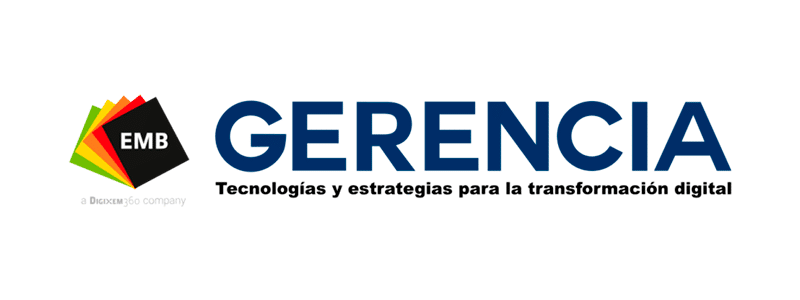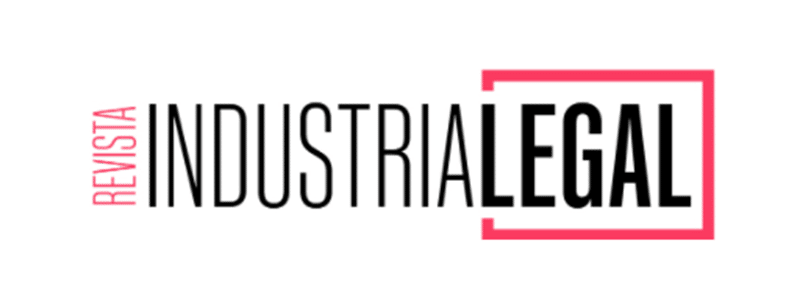In the modern business landscape, where globalization is intertwined with strict regulatory frameworks, due diligence is essential.
Nowhere is this more evident than in the areas of antitrust, compliance and data privacy. As companies seek to expand their operations, the need for robust and robust due diligence processes has become even more Paramount.
The proliferation of digital technologies and the exponential growth of data have ushered in a new era of privacy concerns and regulatory scrutiny. With the enactment of laws such as the GDPR in Europe and the CCPA in California, as well as the imminent new personal data protection regulations in Chile, companies are facing increasing pressure to safeguard personal data and ensure compliance with strict privacy regulations.
Conducting thorough data privacy due diligence is essential to identify risks associated with data collection, storage and processing. This includes evaluating data governance practices, data sharing agreements with third parties, and conducting privacy impact assessments for new projects or initiatives.
Additionally, potential high-profile data breaches and cyberattacks can pose significant reputational risks to companies. Given this, building trust between customers and interested parties requires a proactive approach to data protection and transparency in data processing.
Furthermore, in an era of increased regulatory oversight, non-compliance can have serious consequences for both individuals and companies, ranging from financial to criminal penalties. From anti-bribery and corruption laws to trade sanctions and export controls, the regulatory landscape is vast and constantly changing.
In this context, effective compliance due diligence involves not only identifying existing risks, but also anticipating future developments in regulations. This requires continuous monitoring of legislative changes, industry trends and geopolitical developments that could affect business operations. By staying ahead of the curve, companies can proactively adapt their compliance programs and mitigate potential risks before they escalate.
For example, antitrust rules are designed to promote fair competition and prevent monopolistic practices that could harm consumers or stifle innovation. In the context of mergers and acquisitions, it is essential to conduct thorough antitrust due diligence to identify any potential issues that could attract regulatory scrutiny. Failure to do so can lead to costly legal battles, fines, and reputational damage.
Additionally, as global markets become increasingly interconnected, companies must navigate the complexities of antitrust laws in multiple jurisdictions. What may be acceptable in one region may raise suspicion in another.
Therefore, a thorough understanding of local regulations and market dynamics is crucial to ensure compliance and mitigate risks.
Due diligence is essential so that companies can today identify and manage risks and guarantee compliance with regulations. In this way, companies can build trust among stakeholders in an increasingly regulated and interconnected world.
Column written by Stephanie Cruz, Legal & Business Director of az.




